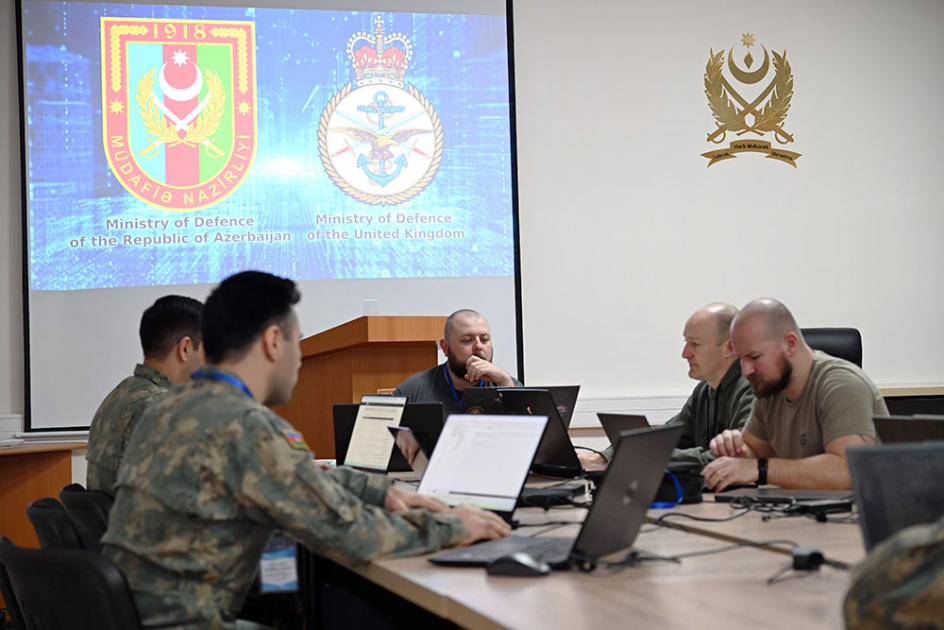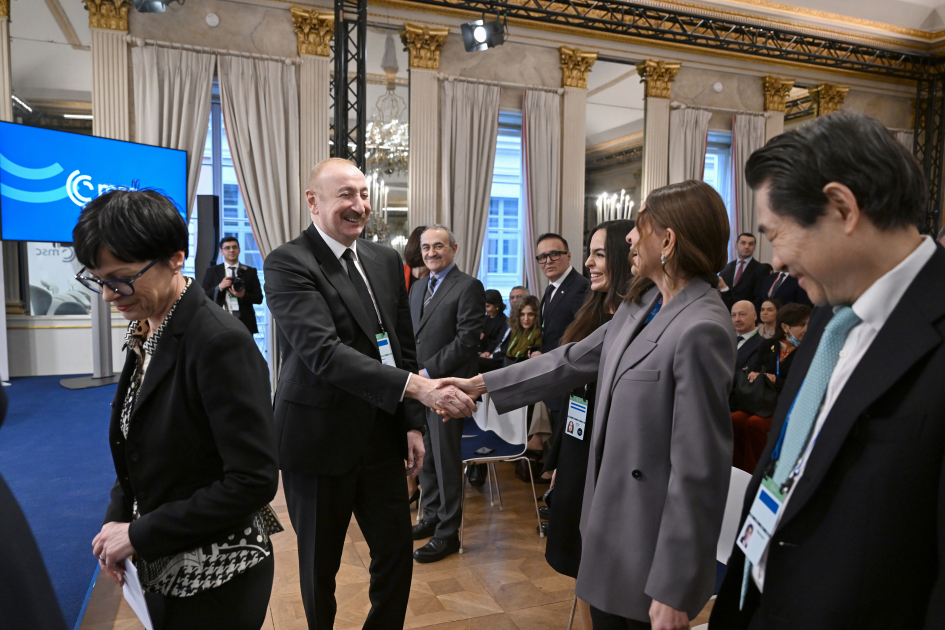ARTICLE II
The wisdom that we can extract from the episodes of "21st century war" is the possibility to completely "melt" the opponent's state and political structure. By doing so, you make his armed forces pointless.
A.A. Karabelnikov, A.A. Solovyov
Human tragedies of "wise war".
Socrates' tomb must have been cracked. Would he understand those who call mass destruction, state and political structure "wisdom"? I wonder if Alexander the Great would have made such an analogy, how many lashes would Aristotle have given him? Or would he write his "Nicomachean Ethics"?
China envisages comprehensive progress of the country as a plan or course of action under the name of "Great Modernization". There, the application of the most modern information and communication technologies is emphasized with special urgency. From the Pentagon's report, it is clear that when China says "Great modernization", it means the continuous use of the latest achievements of human intelligence in China's defense concept and army building. According to the Americans, they intend to implement it in several stages. There should be 7 stages in total. China has already completed the 5th stage. From 2027, new stages of "Great modernization" should enter into circulation. The process should be completed in 2049, which should ensure that China's military ranks first in the world.
We do not want to dwell on the details here and there. Because the goal is not to analyze China's modernization. What is interesting for us here is the investigation of the purpose of using the achievements of human intelligence in which direction and how.
It seems that China is trying to take advantage of the full potential of human intelligence, including artificial intelligence, to gain competitive advantage in various fields. And this feature is not limited to China. The United States, Europe, Russia and other ambitious states intend to use the intellectual potential to the maximum for the sake of being superior to others (not only in civil aspects such as social, cultural, ecological, scientific). Perhaps it is precisely in this aspect that H. Kissinger's warnings are important. A natural question arises here: how exactly are there plans to use intelligence?
"Strike intelligence": is it really intelligence?
To see the hidden side of the use of intelligence, one must first look at the nature of human intelligence. Since ancient times, one side of human intelligence has been Good and the other side has been Evil. Philosophers have not separated them from each other either. But the realities of the 21st century show that such a dichotomy (translated from Greek means "dividing the whole into two") is already quite dangerous. Because intelligence is so globalized and universalized that there is no other way for it to be virtuous. Virtue, first of all, requires kindness, constructiveness, progress, and unification. Therefore, if the human mind focuses its creative power on inventing new weapons and types of warfare and thinks that it will win over the opponent, it is first of all defeating itself. Because defeating another by military war is always relative. The great leader Heydar Aliyev taught that "no one can be a winner forever." The consequences of turning the latest advances in human intelligence into military warfare, in particular, can be dire.
They show that the use of human intelligence to discover new types of warfare and invent new weapons leads to universal disasters. But there is no stopping this process yet. On the contrary, the great powers are looking for new types of war.
"Hybrid warfare": covert, trenchless and insidious
The author of the concept of "hybrid warfare" is Frank Hoffman, a former marine, currently a scientific employee of the US Department of Defense. His definition emphasizes that the attacking side in hybrid warfare does not use the classical method. However, it destroys its opponent through covert operations, sabotage, and cyber wars. At this time, cooperation with groups in enemy territory is possible. Interestingly, hybrid warfare may not actually be conducted through military equipment. Here, sabotage by information technology, criminal groups in the enemy, various protestors, rebels are brought to the fore. For example, a hybrid war with a country can be conducted in the form of the activation of criminal groups within that country. From the outside, the scene looks like a showdown between criminals. But it is managed by a special group from outside and prolongs the process as much as possible. The never-ending war of criminals gradually criminalizes the consciousness of society, breaks it morally and morally, and the social environment is divided into separate fragments.
In recent years, this sign has manifested itself more in several directions. Settlements between drug-trafficking groups and the confrontation of "legal thieves". These two processes are connected with each other. It seems that it is about the sharing of influence within groups. This is provided by special mass media. They present the events as if the special services were not involved and criminals were fighting each other. Therefore, provocation, confusion and information manipulations are in circulation here. As a result, even in large countries, the war of drug lords and "legal thieves" shakes the society and provides an opportunity to inject a positive image of criminality into people's psychology.
If criminality is an example for the public consciousness, the real development of that society is impossible - it falls into the "circle of death" of endless intrigues, settlements and mutual hatred. In this way, the hybrid war achieves the client's goal of destroying the society from within without firing a single bullet in a long process.
Researchers highlight another interesting point about hybrid warfare. They see this type of war at a higher level than "aggravated political crisis". They believe that at the most acute stage of a political crisis, military force can be used on a limited scale (mainly through mercenaries, "proxies"). However, at this time political, information-psychological, economic, etc. tools are used more widely.
In another approach (John McCain's approach), a combination of symmetric and asymmetric military operations is put forward. Then all types of war can potentially be conceived as hybrid war.
The author of the concept, F. Hoffman, characterizes the hybrid war in a wider context. He presents symmetric and asymmetric military operations as sub-elements of the "hybridity" of war. In principle, hybrid warfare can be conducted in many different ways and be multi-variant. This includes chaos created by military groups outside the clan system, acts of terrorism and criminals. Of course, such diversity should automatically imply the maximum use of the achievements of human intelligence. It features sneaky guerrilla warfare, ambushes, improvised explosive devices and assassinations. Achieving a synergistic effect of the physical and psychological aspects of the conflict with the high technological capabilities of the state (for example, the capabilities of conducting cyber warfare, financial wars, etc.) complement each other in this process.
So, the main point in hybrid war is physical, psychological, social, humanitarian, criminal, financial, political, economic, administrative, cultural, moral, spiritual, etc. the goal of paralyzing the spheres on synergistic effect is set.
Should intelligence create such horror?
From this brief presentation, it is clear how destructive and destructive hybrid warfare is. There is no "fight like a man" rule in the classical sense. All possible methods are used to destroy the other side. The achievements of human intelligence related to military tactics and strategy, military equipment, local military operations, maximum use of information and communication technology, rear strikes and other methods are valid. Even criminals are secretly and subtly included in the war.
How to win the war under such conditions? And, in general, what does it mean to win this kind of war? Even the one who considers himself the winner cannot answer this question. Because such destructive processes are taking place that humanity as a whole is losing. There can be no true winner of this path. In other words, everyone loses in the hybrid war!
When we look deeper, we understand that it is generally about the destruction of societies as human societies. This actually means destroying the world in the end. Because more and more states are adopting the new intellectual wars and using them against others. Now, for this reason, no one is insured against danger. As an example, we can point to the September 11 terrorist attack in the United States, the asymmetric attacks by Russia and Israel, and the emergence of serious problems in the provision of internal security in the most developed countries of the world.
On the other hand, the Pentagon's report also shows that high-tech countries such as China have begun to use intelligence as covert, rapid, large-scale attacks against others that require superior intelligence to prevent.
Now let's look at the world as a complex system in which such processes take place. It seems easy that the creative power of the human intellect becomes more dangerous with a synergistic effect. This power becomes a great destructive force when combined with each other. This means that potentially the world has had the opportunity to destroy itself as a global system!
Paradoxical as it may seem, the intellect has virtually reached the brink of self-destruction. Is it really at the "saturation point" of its development and can turn it into a real tragedy in a short time? The answer to this question is uncertain, and we believe it is rooted in the social environment. That is, if we are talking about human intelligence, how it should work is decided by man! Therefore, where there is a humane, virtuous person, the intellect is not dangerous. It is people's intentions that make it dangerous.
From that point of view, theoretical researchers of hybrid war include the concept of "hybrid peace". Thus, as a whole, a strange phrase like "hybrid peace of hybrid war" is formed. It turns out that if peace and reconciliation are "hybrid", then it is normal that its war is also "hybrid". The same issue is related to that "idea of normality". Accustoming the consciousness to this "normal state" is the beginning of the tragedy.
Let's say that this wonderful "wind of peace" has reached the South Caucasus. Analysts describe the peace between Azerbaijan and Armenia as a "situational peace", that is, a temporary, transitory peace, a state of mutual agreement that can be easily violated at another moment. There can be no question of any guarantee or trust here. Then why is this situation called peace?
No one is looking for an answer to this question, but questions are being asked about whether the diplomats were able to reach a hybrid agreement. Here, political scientists and analysts are already asking the question: "if there is a hybrid war, can it be transformed into a hybrid peace?" (see: Timofeev, I. Гибридная война и хибридный мир RSMD, 04.10.2023// https://russiancouncil.ru/analytics-and-comments/ analytics/gibridnaya-voyna-i-gibridnyy-mir/.
(to be continued)
Fuzuli GURBANOV,
XQ analyst, doctor of philosophy


.jpg)

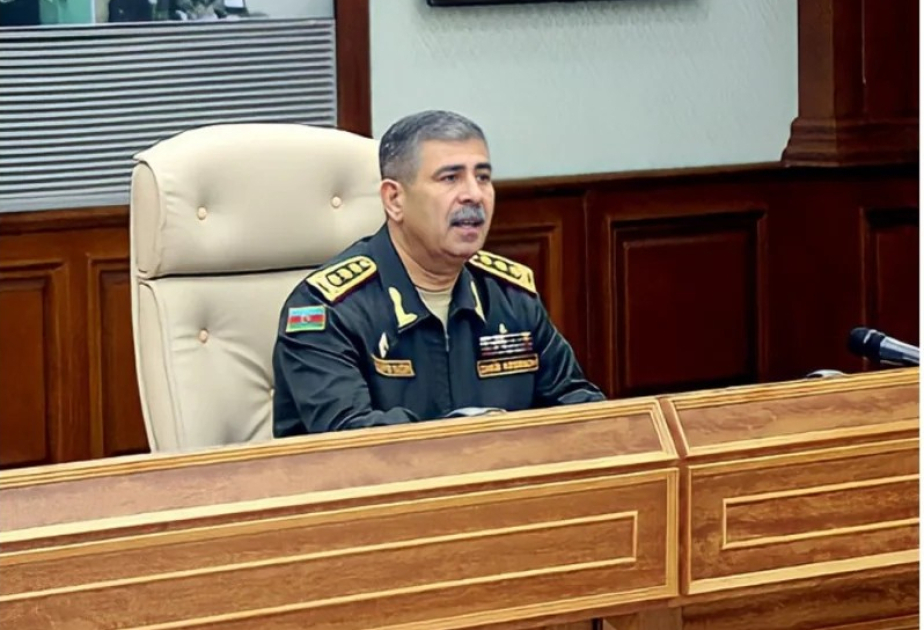
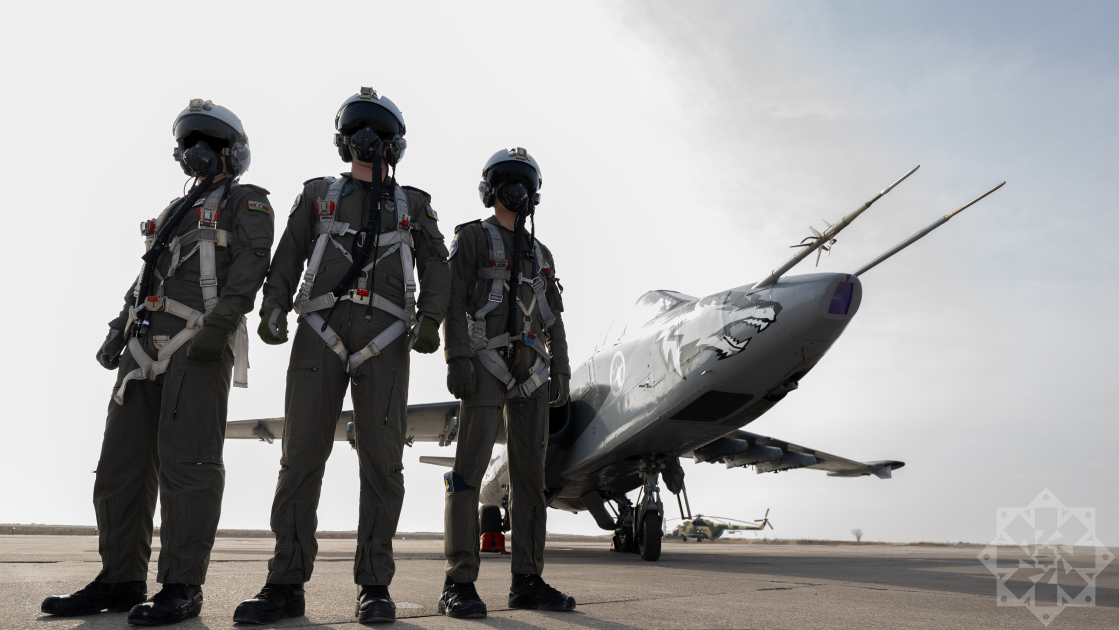

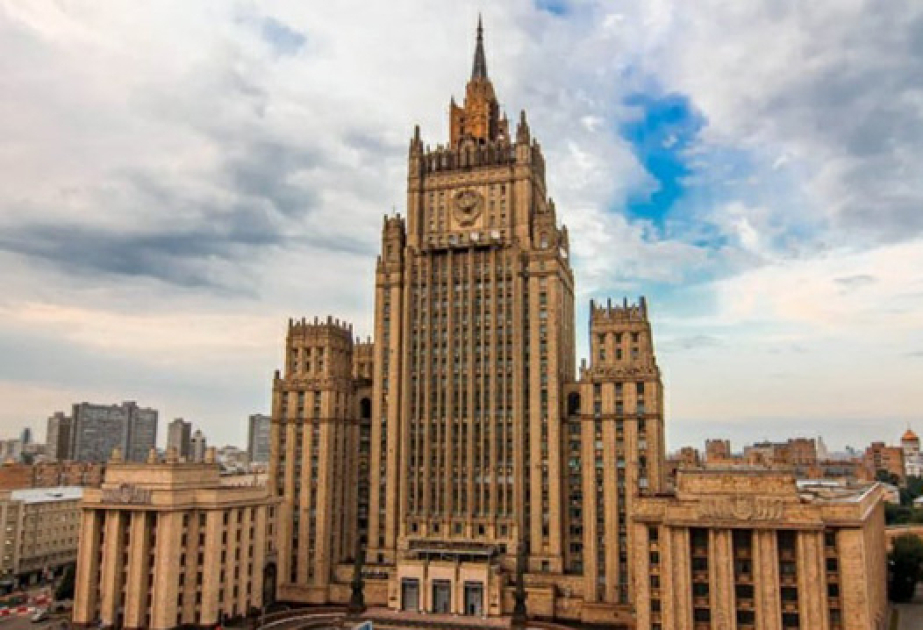
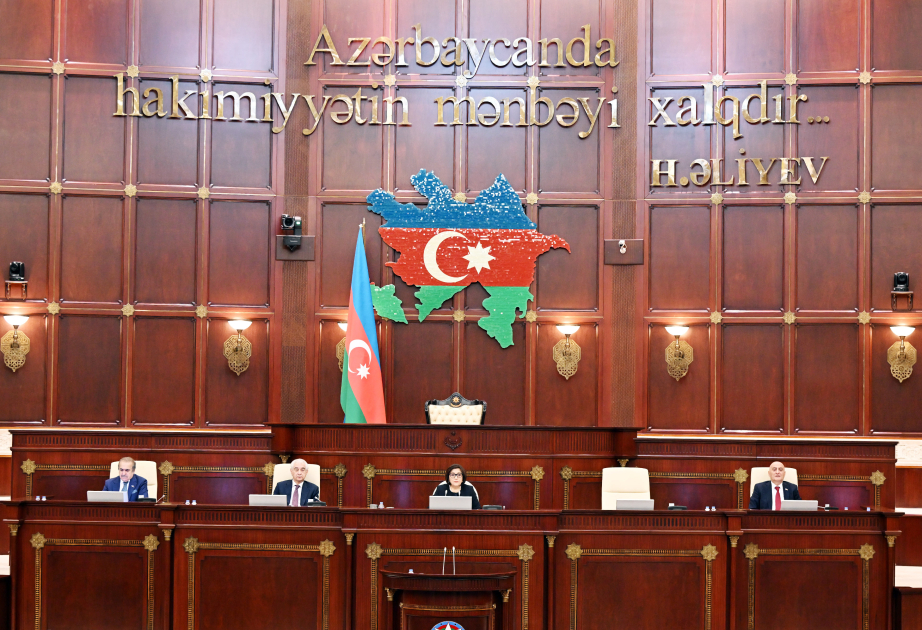

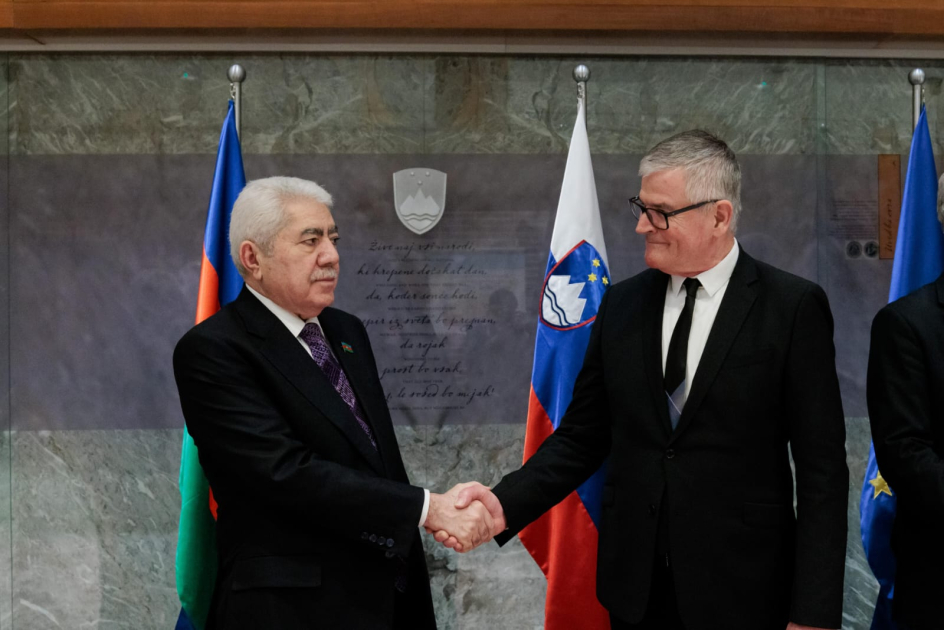
.png)







